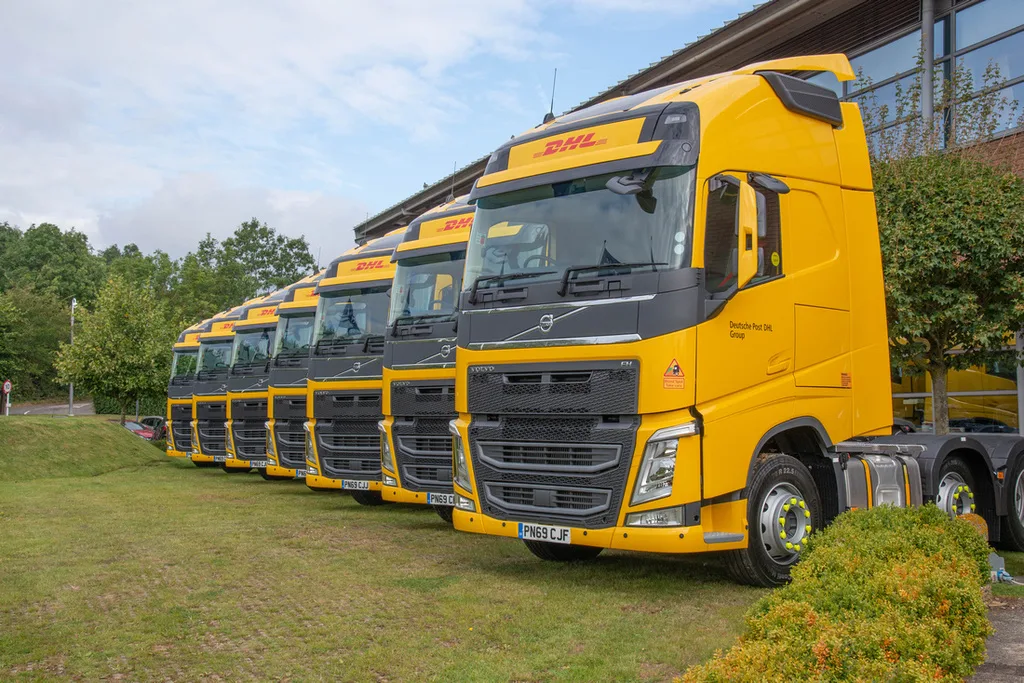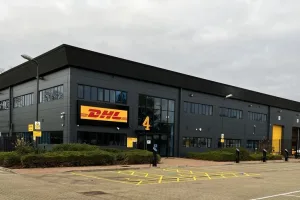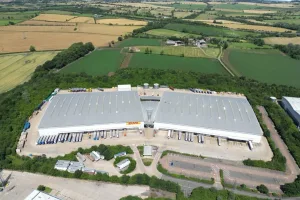UK firms cutting inventory levels
COMPANIES ARE reversing a policy to hold higher inventory levels, according to comments from leading 3PL DHL in a recent market outlook briefing.

This would represent a reversal in a trend which began with Brexit and accelerated with other disruptive events such as the pandemic and the Ukraine war which involved companies creating increased levels of inventory ‘just in case’ to ensure they could serve customers.
This trend replaced long established ‘just in time’ low inventory policies operated by most UK companies in the previous decades.
Lower inventory levels could lead to increased risk of lower service levels, greater ‘out of stocks’ and even empty shelves in the shops.
However, DHL suggested that increasingly sophisticated and capable supply chains may allow companies to maintain service levels while saving money by cutting inventory.
DHL Supply Chain CEO for UK and Ireland Saul Resnick, said: “Companies have learned, out of necessity, to manage supply chains better and more tightly. Covid taught companies to react with more resilience to changes.
“Customers are also looking at omni-shoring and near-shoring to avoid reliance on single sources and trade lanes.
“We see how we can help , particularly with the flexibility offered by our multi-user facilities. Companies can flex up and down in response to macro conditions. We’re seeing more flexibility, more sophistication, more partnership.”
Looking more closely at verticals, Saul added: “In retail trading has been tough, with a number of insolvencies impacting the business, That said, an increasing number of SMEs taking multi-user space has helped to compensate.”
That said, Saul was reluctant to say the Budget – with its increase in employer national insurance contributions and minimum wage – was having a negative impact on the UK economy.
“Companies are investing, where they have planned to invest, but there is a conservative view based on uncertainty. Companies are preparing for what may be a non-positive outcome.”
Saul also rejected the suggestion that the increase in employer NI contributions had prompted an acceleration of DHL’s automation plans.
“The recent Budget was a validation of what we are doing in the warehouse automation space. We were already accelerating our digitalisation agenda and are increasing automation, and this is not at the expense of job creation. It allows us to bring on new business and create additional jobs. Many of these jobs are more aligned to the technology.
“We have opened a number of highly automated, capital intensive facilities. And we will continue to do that going forward.”






